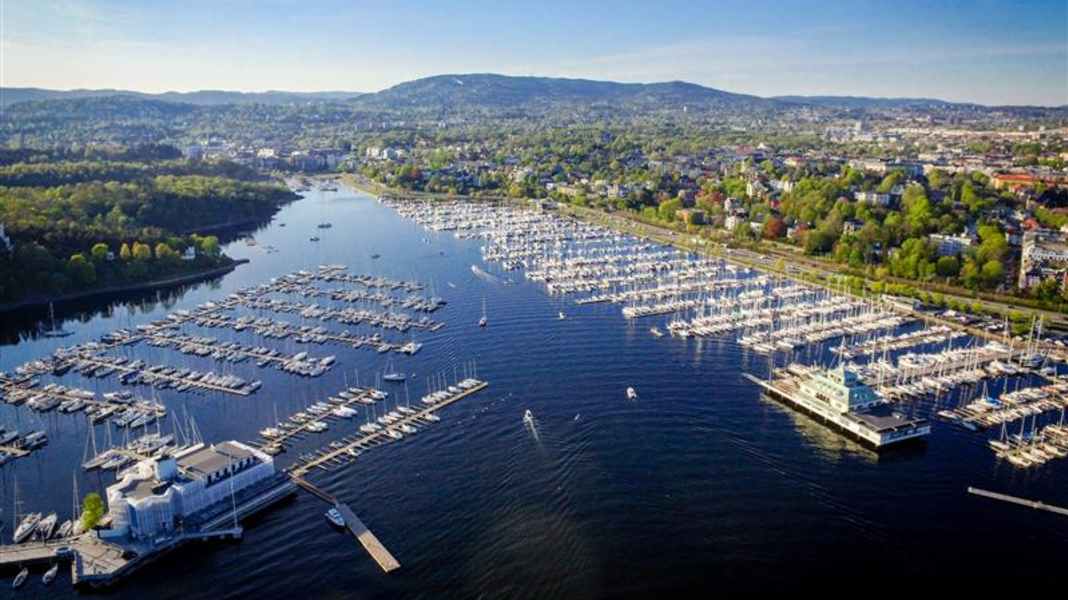Scrap boats: A declaration of war against illegally anchored boats in Oslo
Morten Strauch
· 13.11.2025

In the summer of 2025, a total of 49 boat owners were asked by the Oslo Harbour Authority to move their vessels, according to the Norwegian seilmagasinet reported. The ownership of many of the neglected boats was unclear, so the summonses were served on persons unknown. Some owners complied with the order, while others tried to take legal action. However, these were unsuccessful, as the Norwegian Coastal Administration confirmed that the harbour authority is entitled to order the forced relocation. According to the Harbour and Fairway Act, the ships in question pose an environmental and safety risk. Consequently, the owners were informed again and informed that the boats would be forcibly removed if they did not comply with the request.
Scrap boats are confiscated, resold or disposed of
The port authority skilfully counters lame excuses such as empty tanks: "We can help those who don't have enough fuel to move their ships themselves with fuel. Vessels that have not left the area are either towed to Lindøya Slipp harbour or put ashore in Grønlia. If these boats are not collected by the owner, they are assessed by an independent expert. Based on this, a decision is made as to whether they are confiscated, sold on or disposed of," says Siv Ellen Omland, Head of Communications at the Port of Oslo.
Scrap boats are a major environmental problem in the Oslo Fjord, as they are in many other parts of the world. They release microplastics and pollutants. In Frognerkilen Bay alone, the Oslo Environment Agency has spent NOK three million (around 260,000 euros) in recent years to recover and dispose of sunken boats. There are an estimated 20,000 to 30,000 scrap boats in Germany, which first present harbour operators and local authorities with legal difficulties and then force them to take expensive disposal measures.
Preventive measure for safety and the environment
Frognerkilen is a bay in the inner Oslofjord, east of the Bygdöy peninsula, which is also home to the Fram Museum, the Kon-Tiki Museum and the Norwegian Maritime Museum. The bay is home to three marinas with many hundreds of berths.
"Illegally moored junk boats pose a threat to the environment, safety and accessibility. Everyone who buys a boat must have a legal berth for their boat. Preventing abandoned vessels from sinking is an important contribution to a clean and safe fjord," says Anne Rygg, CEO of the Oslo Port Authority.
More articles on the topic of scrap boats

Morten Strauch
Editor News & Panorama
Morten Strauch was born in Schleswig in 1977, but grew up mainly in Lüneburg. He joined the Boy Scouts so that he could take part in a youth sailing camp in the Stockholm archipelago. After an internship at BOOTE magazine, he dropped out of his communications design studies, followed by 13 years as a freelance photographer and author for BOOTE, BOOTE Exclusiv and YACHT. In 2019, he was hired by Hanseyachts to serve as press spokesman and marketing manager. Consequently, the long-awaited first boat becomes a Hanse 291. Three and a half years later, he returns to Delius Klasing, this time as an editor for YACHT in the Panorama department. When not (also) privately on the water, Morten can be found scuba diving or collecting fossils on the coast.
